INESC TEC, INESC P&D Brasil and IRESEN + GEP – Green Energy Park (Morocco) organised the “PNEUMA 2020 Workshop – A PARTNERSHIP FOR NEW EMERGENCY UNIVERSAL MACHINE‐ASSISTED VENTILATION”. The workshop took place online on June 8, and focused on the development of emergency ventilation equipment, as well as on other initiatives to fight against COVID-19, developed by the three research institutes. The main objective was to reinforce the relationships between the participating institutions, thus identifying further cooperation opportunities.
Vladimiro Miranda, president of INESC P&D Brasil and associate director of INESC TEC, Badr Ikken, president of IRESEN and co-chairman of GEP, and Mauro Rosa, director of Science and Technology at INESC P&D Brasil, were unanimous in praising the initiative. They pointed out the spirit of solidarity among the different entities, who share their experiences to learn and promote the future participation in other international endeavours.
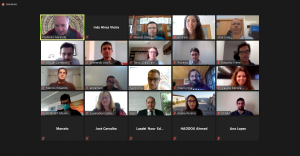
The first part of the workshop focused on discussing and sharing ideas and outlooks on the evolution of initiatives on the development of ventilation equipment in each country. The second part revolved around information about other healthcare projects dedicated to address COVID-19, and identifying new opportunities for collaboration.
Different projects, a common goal
The evolution of the COVID-19 pandemic led experts to predict the potential scarcity of ventilators in hospitals. In order to address this scenario, INESC TEC developed the PNEUMA, a prototype of a class 1 emergency, low-cost and easy-to-assemble ventilator, with the purpose of addressing emergency requests in cases of lack of other equipment.
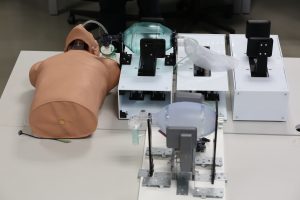
Many countries pointed out the possible scarcity of technological support resources. In this sense, INESC TEC invited INESC P&D Brasil and IRESEN to join this initiative, and shared several improvements with these institutions. This way, INESC P&D Brasil was able to develop VITA PNEUMA (Technologically Assisted Intensive Ventilation), inspired by PNEUMA, and launch the FASTEN Vita PNEUMA initiative, bringing together a consortium of Brazilian academia and corporate agents. IRESEN + GEP (Morocco), inspired and supported by said initiatives, developed the iVENT ventilator. Vladimiro Miranda explained that the three institutions are “working together to achieve a common goal, with each country requiring different support, considering their own difficulties – starting with the acquisition of specific components”.
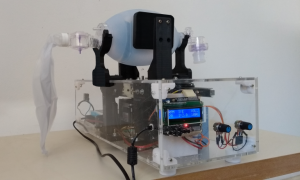
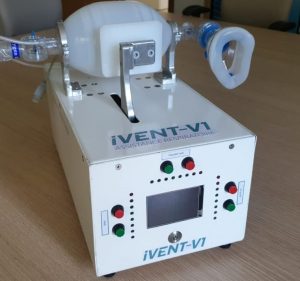
After the presentation of the aforementioned initiatives, the participants discussed and exchanged ideas about the status of each one of them. The stakeholders discussed common points in the development of the projects, as well as obstacles faced throughout said process. This synergy favours the exchange of knowledge between researchers from different institutions; hence, and despite being from different countries, they can contribute to the success of different projects.
The fight does not end here
The scarcity of ventilators is just one of several problems that our society has been facing due to the pandemic. INESC TEC, INESC P&D Brasil and IRESEN + GEP have carried out other initiatives to fight against COVID-19, which can be crucial to ensure that people stay safe after lockdown. The participants of the workshop presented and discussed said initiatives, in order to promote collaborative actions in future projects.
More specifically, José Lima, a researcher at INESC TEC’s Centre for Robotics in Industry and Intelligent Systems (CRIIS), presented the RADAR project, a robot for the disinfection of hospital units. Concerning Brazil and Morocco, the representatives of the countries’ institutions presented projects focusing on smart masks and the disinfection of surfaces using ultraviolet radiation. INESC TEC also introduced the STAYAWAY Covid app.
The meeting ended with the president of INESC P&D Brasil classifying the workshop as “quite successful”, and “the first step” in identifying new potential opportunities for collaboration between the different institutions. The delegations from Brazil and Morocco underlined this idea, pointing out the importance of cooperation in R&D, in the spirit of a solidary science that society relies on during crisis such as the one we are facing nowadays.
The researchers mentioned in this news piece are associated with INESC TEC, UP-FEUP and IPB.


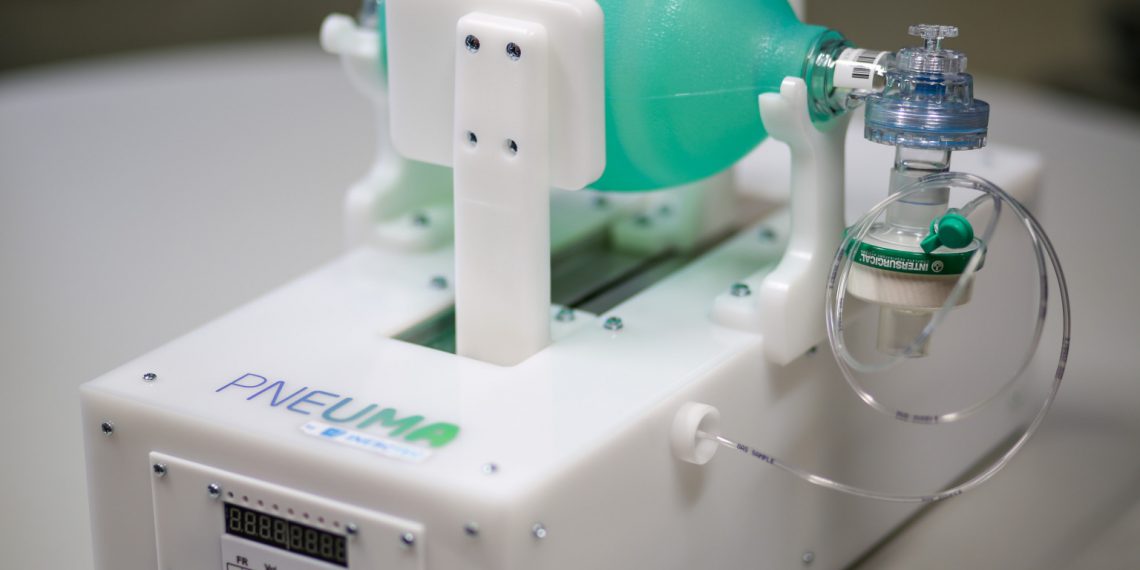

 News, current topics, curiosities and so much more about INESC TEC and its community!
News, current topics, curiosities and so much more about INESC TEC and its community!